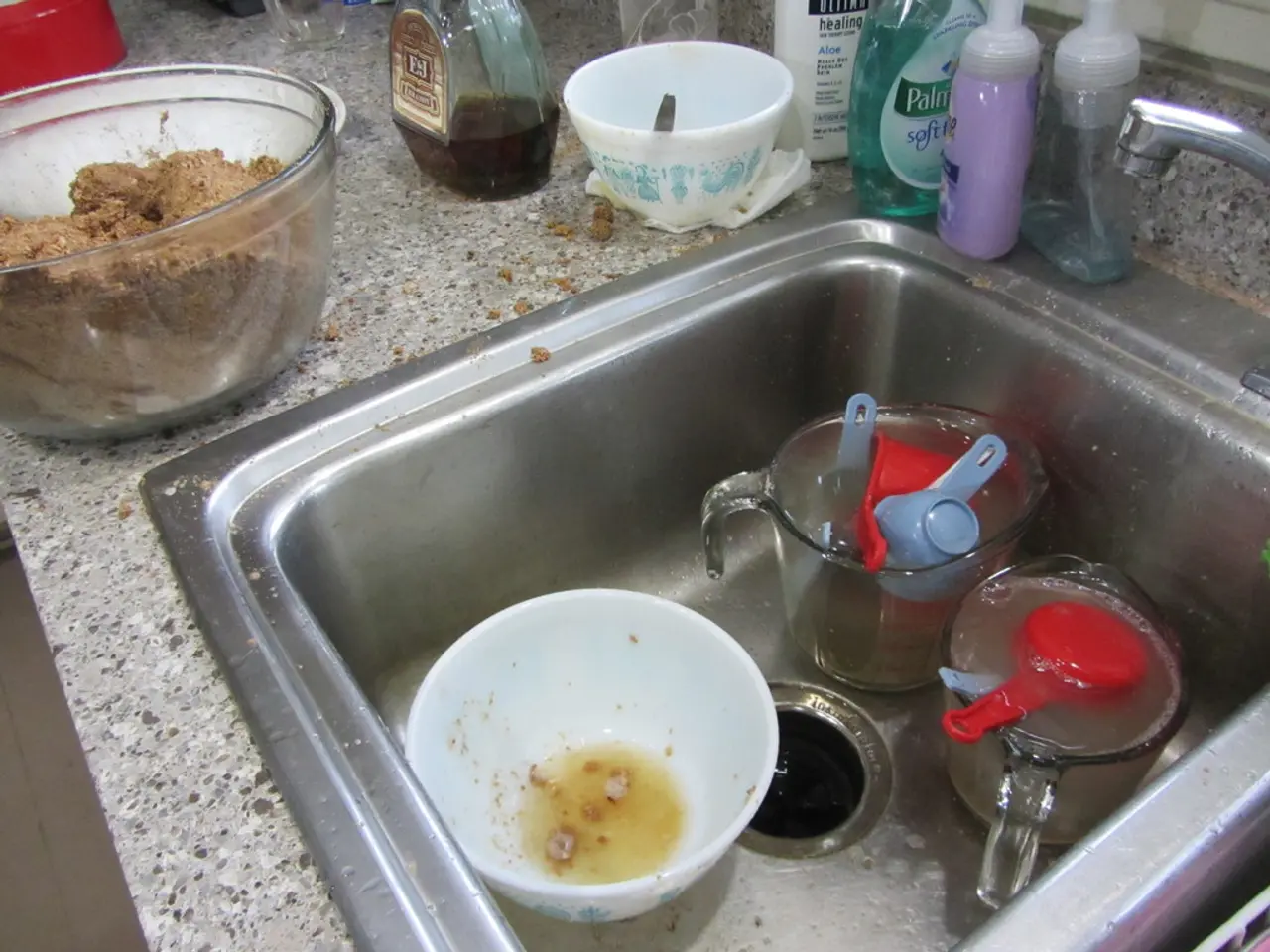Resistance to Antibiotics: An Educational Perspective
In the face of antimicrobial resistance (AMR), a top global public health threat, the New Zealand Government is taking decisive action. One of the key strategies involves engaging children and young adults through education, as recommended by the Prime Minister's Chief Science Adviser.
The Royal Society Te Apārangi has played a significant role in this endeavour, producing articles and videos about AMR, including a te reo Māori resource. The Hub team has also created a collection of Antimicrobial resistance resources to support teaching and learning about AMR, spanning multiple learning areas such as science, health, social sciences, and sustainability.
These resources aim to foster conversations that are age-appropriate and empower young people to understand the importance of responsible antibiotic use, hygiene practices, and the impact of AMR on public health. Integrating AMR and infectious disease topics into school curricula and youth programs is a key strategy to promote early understanding.
Interactive and accessible communication methods are employed to maintain the interest and comprehension of children and young adults. For instance, in 2021, Siouxsie Wiles and Toby Morris wrote an engaging article for The SpinOff about the serious threat of AMR with animated cartoons.
Community and school health initiatives focused on hygiene, vaccination, and stewardship of antibiotics are encouraged to involve young people. The Ministry of Health provides resources for antibiotic awareness on its website.
The Government's approach emphasises education, stewardship, and the One Health integration, linking human, animal, and environmental health. This holistic understanding is crucial in addressing AMR. The Ministry for Primary Industries has information about antimicrobial resistance and antimicrobial use in plants and animals in New Zealand.
The World Health Organization's first-ever guidance on wastewater and solid waste management for manufacturing of antibiotics was published in 2024, underscoring the need for collective action. Addressing AMR requires action by governments, healthcare providers, veterinarians, horticulturists, livestock and poultry producers, and individuals.
Engaging younger generations in conversations about AMR is considered vital to building long-term public awareness and responsible behaviours. The learning areas support students to get involved and take positive action, empowering them and avoiding overwhelm.
The Infectious disease and antimicrobial resistance 2022 report from the Office of the Prime Minister's Chief Science Adviser includes recommendations to help Aotearoa New Zealand unite against the threat of infectious disease and antimicrobial resistance. The regional winner of the 2018 Antibiotic awareness poster competition, Melody from Te Kāpehu Whetū in Northland, is a testament to the impact of these initiatives.
[1] For more specific recommendations from the Prime Minister’s Chief Science Adviser’s report, please refer to the original document.
- By integrating antimicrobial resistance (AMR) and infectious disease topics into school curricula and youth programs, education plays a vital role in fostering conversations about the importance of responsible antibiotic use, hygiene practices, and public health, empowering young people to take positive action.
- In the efforts to combat AMR, health and wellness extend beyond human health, as the government emphasizes education, stewardship, and One Health integration, linking human, animal, and environmental health, recognizing the need for collective action by governments, healthcare providers, veterinarians, horticulturists, livestock and poultry producers, and individuals.




